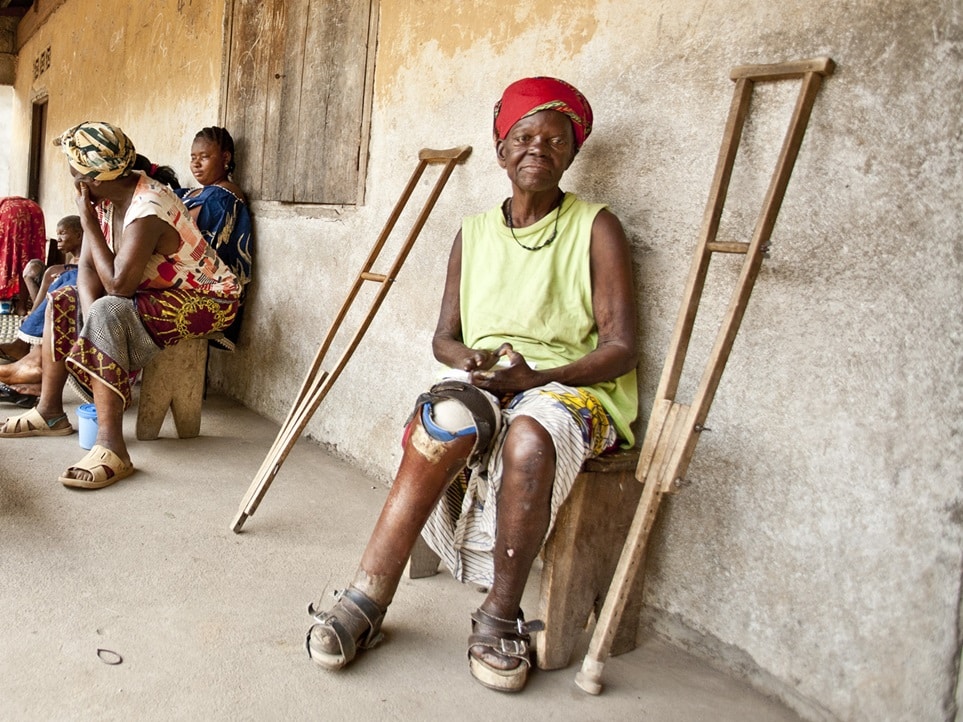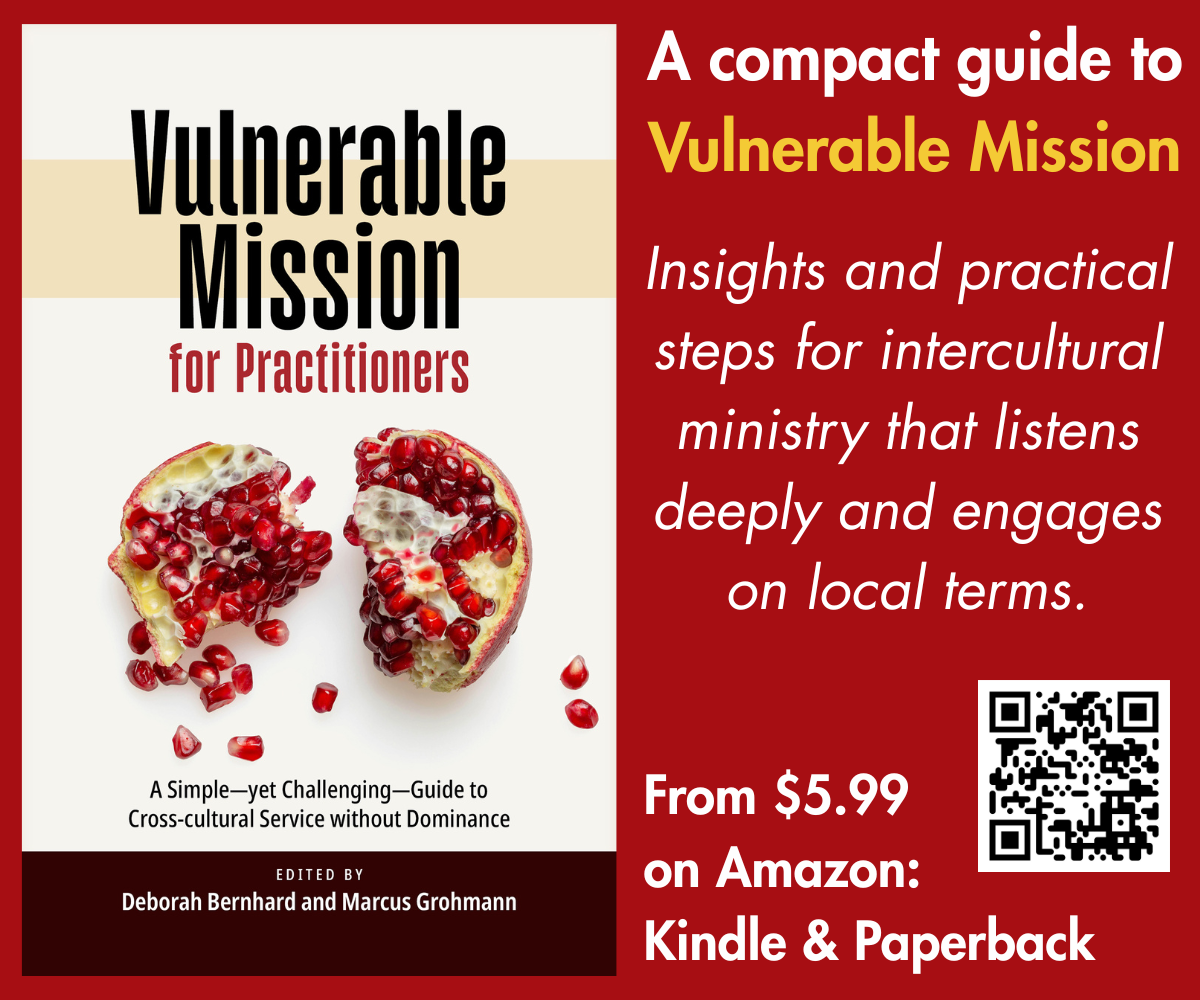EMQ » Oct – Dec 2024 » Volume 60 Issue 4

Including the Marginalized
Summary: At least 16% of the world’s population has a disability, and only 5–10% of them have heard the gospel. This makes people with disabilities the world’s largest unreached people group. Furthermore, people with disabilities who are followers of Jesus are rarely included in the work of spreading the gospel to others. This is not the way of God as demonstrated in Scripture. A more inclusive view of the missio Dei needs to inform our missiological strategies and methods.
By Kim Kargbo
I have worked in disability ministry overseas for over 20 years. I did not come into it through a sense of calling or a particular interest in disability. Like most people, my life had not been significantly impacted by disability, yet the Lord made clear that this was the path. It has been a journey of learning, loss, and sometimes suffering, paralleling in a small way, the journey of the people I serve.
Early in my ministry leadership, I realized that I did not have a very clear or extensive understanding of what God says about disability. So, I began highlighting every mention of disability in Scripture to see what I could learn. What I found blew me away. The number of references to disabilities and people with disabilities in the Scripture is staggering and deserves our attention.
How is it that the church writ-large over the centuries has made much of brief mentions of things like wine and drunkenness or women’s clothing with extraordinary amounts of teaching, and has largely ignored the plethora of commands and ministry mandates regarding disability? Our negligence is costly.
The World Health Organization estimates that at least 16% of the world’s population has a disability, with higher numbers in poorer countries.[i] That equates to over 1.3 billion people worldwide. And yet only 5–10% of those people have heard the gospel. This makes them the largest group of unreached people in the world.[ii] The reasons for this are many, but none offer a plausible excuse for followers of Jesus.
Not only are people with disabilities not reached with the gospel, those who are followers of Jesus are rarely included in the work of spreading the gospel to others. I was unable to find data on the number of people with disabilities in missions. The other disability ministries I checked with, including Joni & Friends (JAF), also reported that they had been unable to locate such data. JAF had even been in conversation with the Barna Group about the need for this data, but Barna never responded.[iii]
This is not the way of God as demonstrated in Scripture. Throughout history, God has consistently engaged people with disabilities in the missio Dei. Not only has God sought out those with disabilities for their own healing and restoration, proclaiming to them the good news that they are valued and forgiven, he has also invited them, along with all followers of Jesus, to share the good news of love and deliverance to others.
The Scripture is replete with references to people with disabilities being healed, restored, spiritually renewed, and sent out.[iv] In addition to many stories involving people with disabilities, God also frequently references the restoration of those with disabilities as signs of his divine work among God’s people and the nations.[v] This inclusive view of the missio Dei needs to inform our missiological strategies and methods.
Member-Only Access
Evangelical Missions Quarterly (EMQ) is available to Missio Nexus members as a member-only benefit or as a digital subscription.
Please login to gain access or join Missio Nexus!






